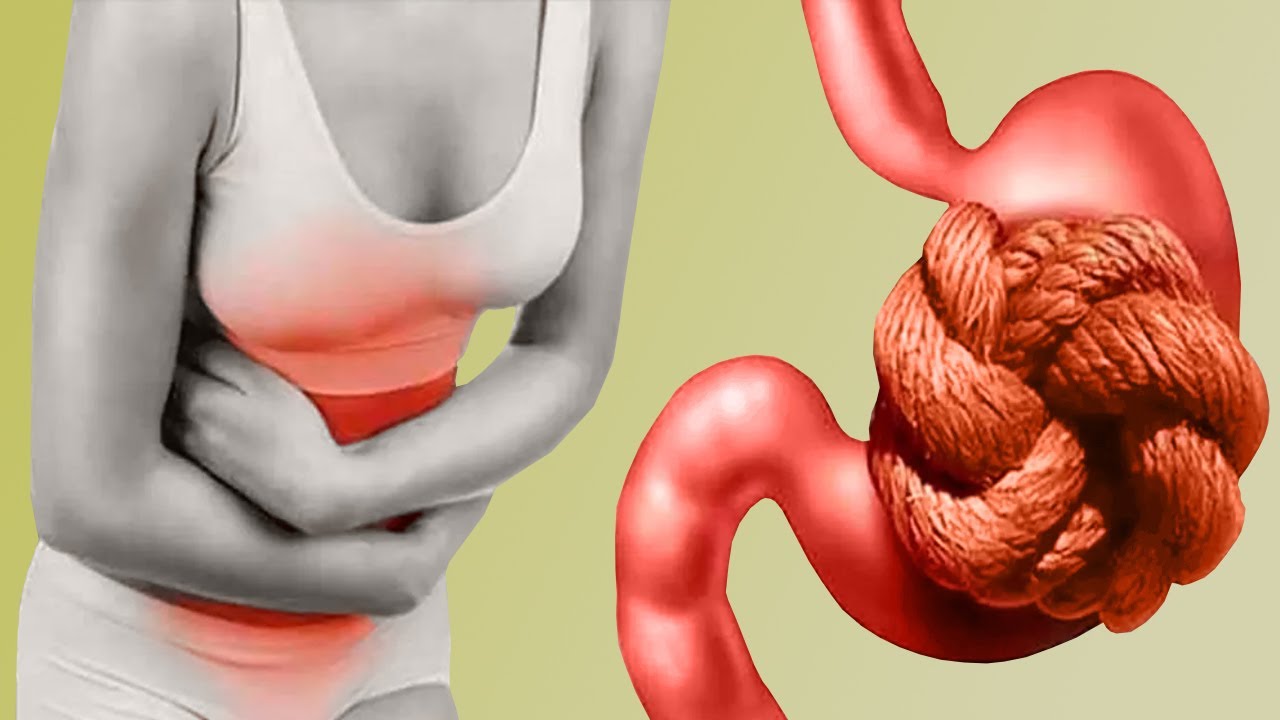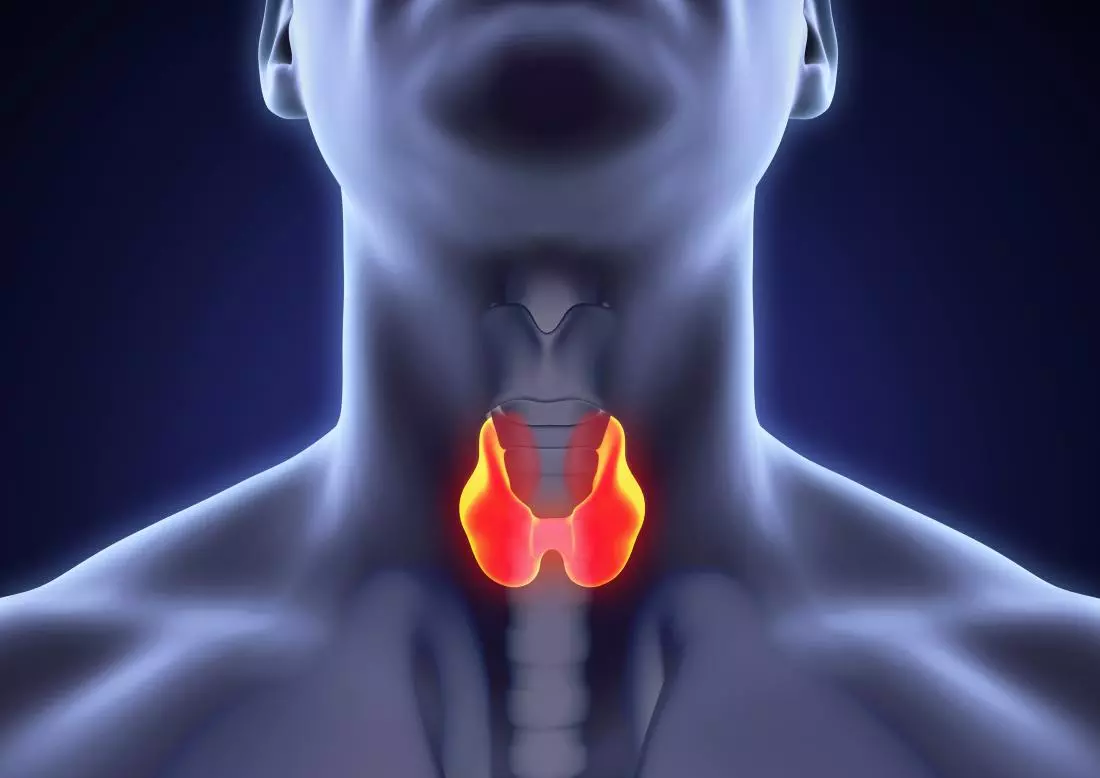

Digestive problems are common in everyone. Some suffer from uncomfortable heartburn, while others face embarrassing situations from gas. These occur from time to time due to overeating or eating something not agreeable to the stomach. Not many people feel comfortable discussing them, even with doctors. When left untreated, they usually do not dissipate permanently but recur time and again.
Therefore, doctors advise all patients to identify the symptoms of digestive disorders. It can be anything – cramps, vomiting, diarrhoea, constipation, heartburn, gas or bloating. Contacting a primary care physician and discussing digestive issues is important as it can lead to a relevant treatment..
Today, let’s check out some of the most common digestive disorders and find out how you can prevent them from interfering with your daily life.
Do you suffer from any of the following?
IBS is followed by abdominal pain, and people who experience it mostly suffer from constipation, diarrhoea or both. The traces of white mucus in stool, bloating of the stomach, and incomplete bowel movements are other signs signifying IBS. Fortunately, making dietary changes, addressing underlying conditions and lowering stress can prevent such cases.
Gallstones are tiny stones that develop in the gallbladder and cause pain below the ribs, nausea, high temperature, sweating, vomiting and jaundice. Surgical removal of the gallbladder by a healthcare professional takes care of the health condition.
Do you often experience bloating, constipation or diarrhoea? The condition responsible for such symptoms may not be IBS but SIBO. It’s a condition where the bacterial growth of the large intestine migrates to the small intestine. Taking medications can alleviate digestive issues and the underlying cause.
It is an autoimmune condition, and when left untreated, it damages the intestines. Bloating, gas, abdominal pain, long-term diarrhoea, nausea, vomiting, smellier stool pass and constipation are surefire signs to identify the disease. A gluten-free diet keeps everything in check.
It’s a common condition where the contents of one’s stomach come back into the oesophagus quite frequently. Over time, it may cause esophagitis or irritation in the oesophagus. The best way to identify this disease is by noticing instances of chest pain, heartburn, nausea, acid reflux and pain during the swallowing of food.
Quitting smoking, making dietary changes and ingesting over-the-counter medicines help alleviate the symptoms. Addressing the cause takes undergoing treatments.
Do you suffer from abdominal pain? Have you been experiencing long-term diarrhoea? Has there been an unexplained weight loss? Do you feel tired all the time? Chances are you are suffering from Ulcerative Colitis . Dietary changes, medications to deal with inflammation and sometimes, surgery are ways to reduce recurring flare-ups.
It is a type of IBS where the GI tract undergoes chronic inflammation and causes stomach pain, fatigue, chronic diarrhoea, sudden weight loss and passing of bloody stool. The cause of Crohn’s disease can be anything: an autoimmune reaction to the presence of bacteria in the digestive tract or the interplay of environmental and genetic disorders.
Intake of drugs and bowel rests are sufficient for the intestines to heal.
Preventing digestive disorders can be dealt with the generic way by following the healthcare tips below:
• Eat smaller meals but more frequently so that you feel full all the time, and never end up overeating. Otherwise, you may suffer from gas, indigestion, bloating and heartburn.
• Intake plenty of water to flush out wastes and toxins from your body. Avoid alcohol consumption and watch common issues of diarrhoea, heartburn and liver problems coming to a halt.
• Lose weight and maintain a healthy mass to eradicate the common problems of burping, heartburn, gas and other conditions.
• Exercise regularly to get rid of waste and improve the body’s digestive system.
• Dedicate yourself to a balanced diet by filling your plates with fibre-rich food, fish and probiotic-containing food items. While fish is a source of omega-3 fatty acids, yoghurt and kefir are rich sources of probiotics.
• Get your stress levels under check as the brain directly affects the stomach. Meditation and relaxation techniques help get enough sleep and keep digestive problems away.
Almost all digestive disorders have the same symptoms. Therefore, it’s difficult to diagnose. It is always better to seek medical advice from your doctor and rule out serious conditions. Your doctor may perform a physical examination, check your medical history and question you about your symptoms. This may follow blood tests, colonoscopy, stool tests, X-rays or endoscopy. You may also need to consult gastroenterologists, diagnostic centre and dieticians in the process while undergoing treatments.
Why endure such hassles when you can change your lifestyle and live a healthy life? Keep coming back for more tips to tackle digestive disorders and other health conditions.

Clinically speaking, gallstones are not stones such as rocks or minerals but stone-like
read more
Thyroid Disease Diagnosis & Treatment: How is Done? Every organ in the human body has
read more
What is Cirrhosis Liver Cirrhosis or Cirrhosis denotes a disease condition where the li
read more